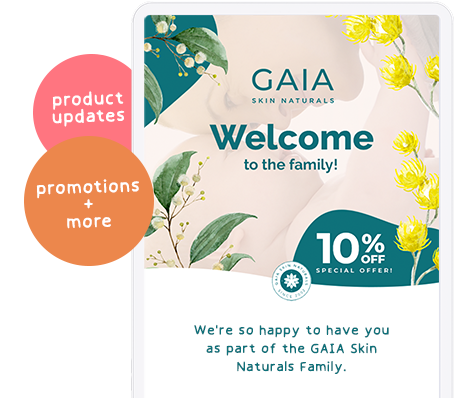In previous generations, baby food only came in jars or cans. Pureed fruits and vegetables, a little chicken and beef and even egg and chocolate custards were the only choices on the menu. Most of it tasted like it looked – soft, bland and flavourless. Perhaps quite rightly, prepared foods were often viewed as being inferior to the home cooked variety - but recently this attitude has changed. Fresh, frozen, organic, pouch and even home delivered baby foods have saturated the market.
But I don’t know how to cook that!
Although prepared baby foods are undoubtedly convenient, they’ve also contributed to some parental anxiety. It’s not unusual for parents to ask themselves “If the ‘experts’ are offering foods which sound so pure and delicious, how could my own home cooking possibly match theirs”?
It can help to avoid falling for advertising claims of superiority. No matter how close to Mother Earth baby food manufacturers say their food may be, it is still processed. Most babies are happy with simple food which tastes good and is the right texture for their age and stage of development.
What works for many parents is to feed their baby mostly home cooked foods, with the occasional prepared foods. Like us, babies like variety and it can be less wasteful to trial a smaller portion size of bought food, rather than buy all the ingredients for a meal a baby may not like.
When can my baby eat what we’re eating?
From around nine months of age, most babies can eat what the rest of the family is eating. Strong flavourings, salt and additives need to be avoided, though vegetables and meat, fruit and dairy foods are all nutritionally ideal for growing babies. Share food from your own plate and let your baby see you eating a range of different foods.
Steamed, baked, and stewed foods are fine for babies, though fried and fatty foods are hard for them to digest. Use a food processor or sieve to soften foods to the right consistency, until they graduate to eating lumps and foods with increased textures.
Solid food guidelines
- Your baby’s main source of nutrition in the first 12 months is milk. Until your baby is nine months of age, offer them a breastfeed or formula feed first and then follow with solids. After nine months, they can have solids first then their milk.
- When your baby is around six months of age, but not younger than four months, start offering solids. Wait until they’re developmentally ready, showing interest in you eating and can sit and hold their head up.
- It takes time and lots of practice for babies to learn to eat and every baby is different. Role model healthy eating and when you can, time your own meals with your baby’s.
- Choose foods for your baby from a variety of different sources – baby rice cereals, soft cooked meats, pureed fruits and vegetables.
- Try one new food at a time – around 1-2 teaspoons is generally fine at the start.
- There are no recommendations about the order of which foods to offer first. What’s important is that their first foods are rich in iron and zinc.
- Introduce your baby to the more common ‘allergenic’ foods in their first 12 months; for example, smooth peanut butter, dairy foods, sesame, fish and wheat. Studies have shown that this may help to reduce the chance of developing food allergies. Speak with your GP or paediatrician if you think your baby may be allergic to some foods.
- Follow your baby’s cues that they are hungry or full. Feeding amounts are not universal - every baby has their own, individual needs for food volume.
- Expect your baby to refuse new foods and be prepared to offer some foods several times before they’ll eat it. Babies are naturally cautious about new tastes, so be patient.
- Cook food for your baby and freeze small amounts in ice-cube trays or containers in the freezer. Home cooked food generally tastes, smells and looks better than prepared foods, even when it’s been frozen and reheated.
Written for GAIA by Jane Barry, Midwife and Child Health Nurse, August 2022.



